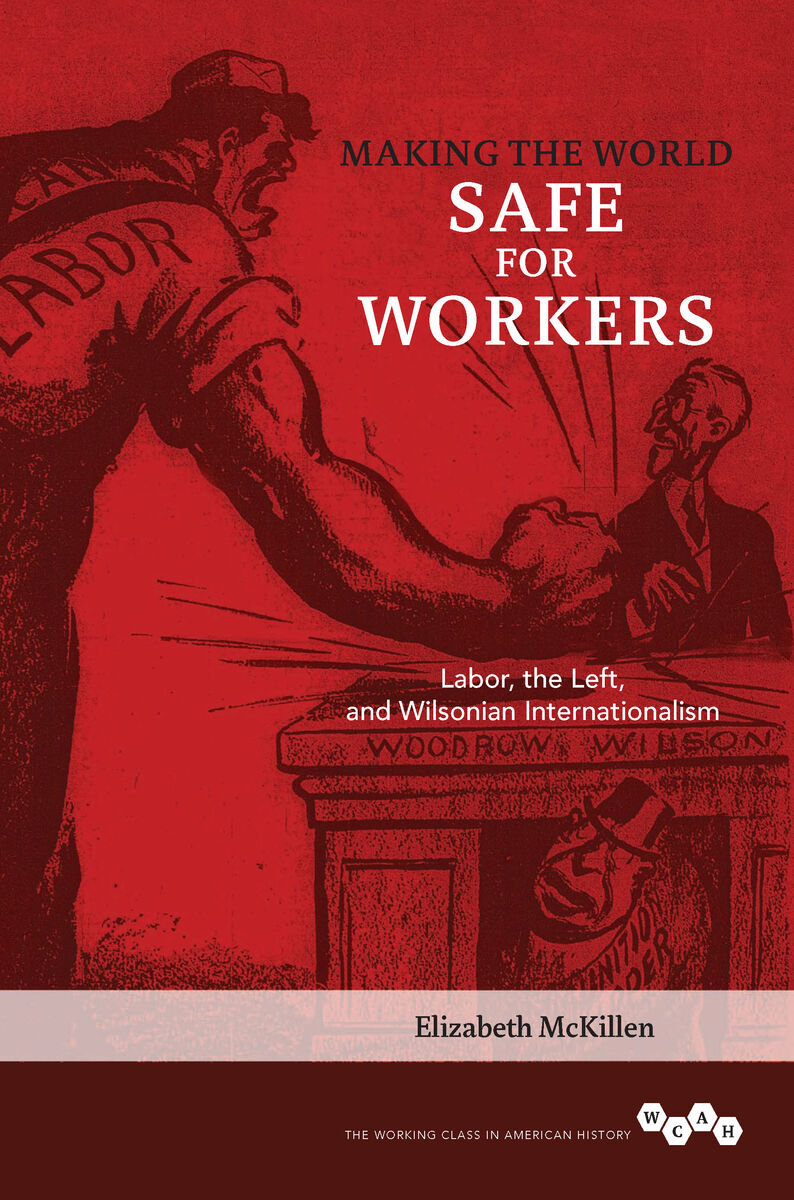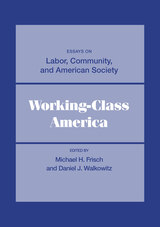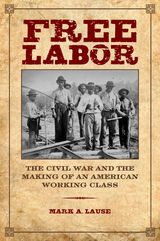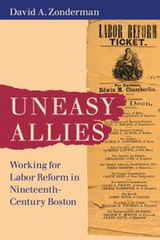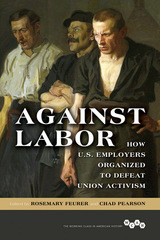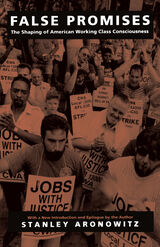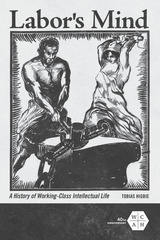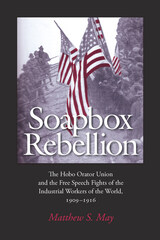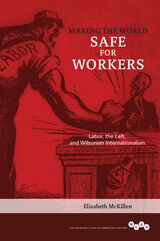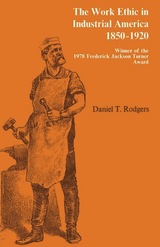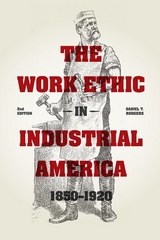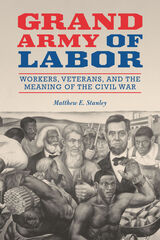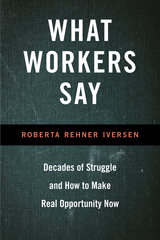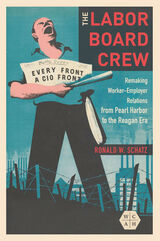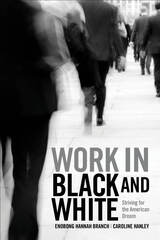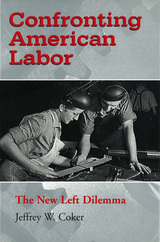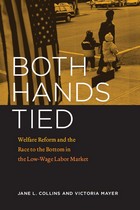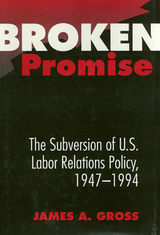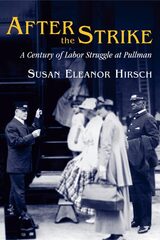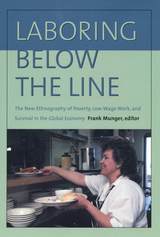Making the World Safe for Workers: Labor, the Left, and Wilsonian Internationalism
University of Illinois Press, 2018
Cloth: 978-0-252-03787-0 | eISBN: 978-0-252-09513-9 | Paper: 978-0-252-08386-0
Library of Congress Classification HD8072.M3155 2013
Dewey Decimal Classification 331.88097309041
Cloth: 978-0-252-03787-0 | eISBN: 978-0-252-09513-9 | Paper: 978-0-252-08386-0
Library of Congress Classification HD8072.M3155 2013
Dewey Decimal Classification 331.88097309041
ABOUT THIS BOOK | AUTHOR BIOGRAPHY | REVIEWS | TOC
ABOUT THIS BOOK
In this intellectually ambitious study, Elizabeth McKillen explores the significance of Wilsonian internationalism for workers and the influence of American labor in both shaping and undermining the foreign policies and war mobilization efforts of Woodrow Wilson's administration. McKillen highlights the major fault lines that emerged within labor circles as Wilson pursued his agenda in the context of Mexican and European revolutions, World War I, and the Versailles Peace Conference. McKillen's spotlight falls on the American Federation of Labor, whose leadership collaborated extensively with Wilson, assisting with propaganda, policy, and diplomacy. At the same time, other labor groups (and even sub-groups within the AFL) vehemently opposed Wilsonian internationalism. As McKillen shows, the choice to collaborate with or resist U.S. foreign policy remained an important one for labor throughout the twentieth century. In fact, it continues to resonate today in debates over the global economy, wars in Iraq and Afghanistan, and the impact of U.S. policies on workers at home and abroad.
See other books on: 1856-1924 | 1913-1921 | Labor movement | Labor unions | Left
See other titles from University of Illinois Press
